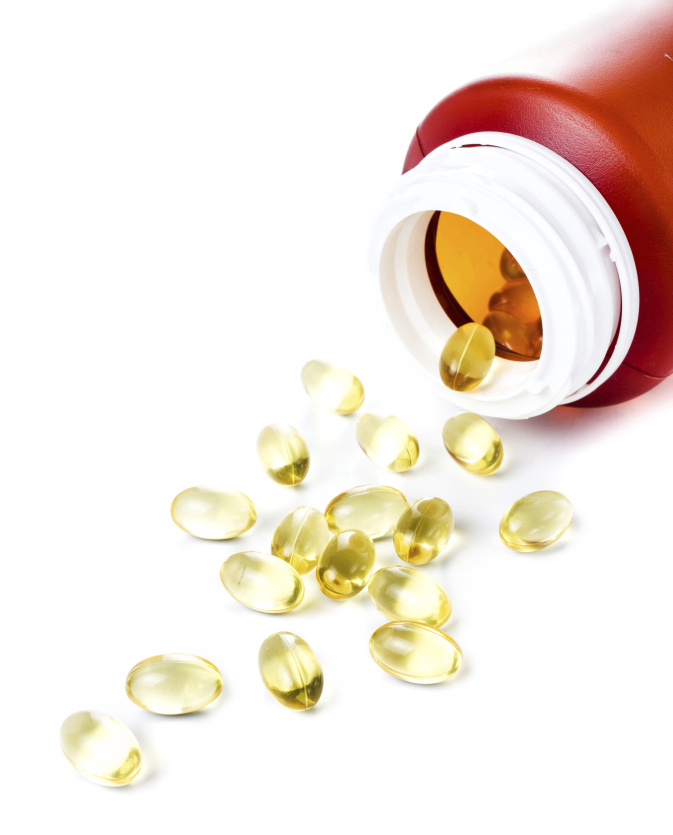
Mike Stine, the football and girls track coach at Naperville (Ill.) Central, said while he can see the problem at the college or pro level, he doesn’t find opiate addictions in athletes at his high school. They are fortunate to have athletic trainers in their program to help manage the care of athletes with an injury, he said.
But he knows the perils. His son, an all-state athlete and straight A student, battled opiates and has since made a full recovery.
“It’s about building relationships, whether it’s through church, teachers, coaches, other relatives,” Stine said. “Find out what’s causing their anxieties. You know, I do a good job with everyone else’s kids. But here my own son went down the wrong path, but there were others, teachers, parents that helped him. As parents you should be able to call a teacher, another parent, and say, ‘Hey can you reach out to him?’ and try to get them pulled back in.’”
Stine advises parents too to look for causes, such as pressures for scholarships that could lead to drug or alcohol use to medicate themselves.
“When you have kids or adults abusing, get to the root of the problem. Not just ground them or take away their phone,” he advised. “People say, ‘drugs, oh there’s some bad kids,’ but it should be, ‘there’s good kids in pain, self-medicating.”
Just by learning about the risks, families can open up discussion, preventing an addiction. “Just making sure they have open lines of communication about it, don’t try to avoid it,” said addiction expert Dr. Thomas Wright. “If it’s in the news, if someone in the community has to leave to get help, or dies from it, don’t be afraid to talk about it at the dinner table.”
“If parents think their child is addicted because things are coming up missing, or they’re sleeping all the time, or their grades are falling, or you see them use, or they have pinpoint pupils, and you think it’s weird, don’t be afraid to ask for help. Treatment can work, it can really work well.” — Dr. Thomas Wright, Rosecrance Health Network
Athletic trainer Paul Miller, from Gahanna (Ohio) Lincoln High, past president of Ohio Athletic Trainers Association, said he has not seen an “overly active use” of pain medications at the high school level: “I have seen the rash of ACL injuries, the Female Triad, and the supplement trends, but have not seen addiction to the opiates and derivatives,” he said.
He has seen families who want to give their student-athlete the time they need to recover. “Pain with new injury can be significant, and a calm reassuring manner to the patient usually helps get them through the episode. Ice for the anesthetic benefit always helps too,” he says. “For trying to play through chronic pain like an anterior compartment syndrome, I have seen topical patches used. In post-surgical cases, we are usually lucky enough to have great rehab protocols that progressively return the patient gradually and at that point, parents and patients usually look at the invested time and want to go slowly rather than rush into a return too quickly.”